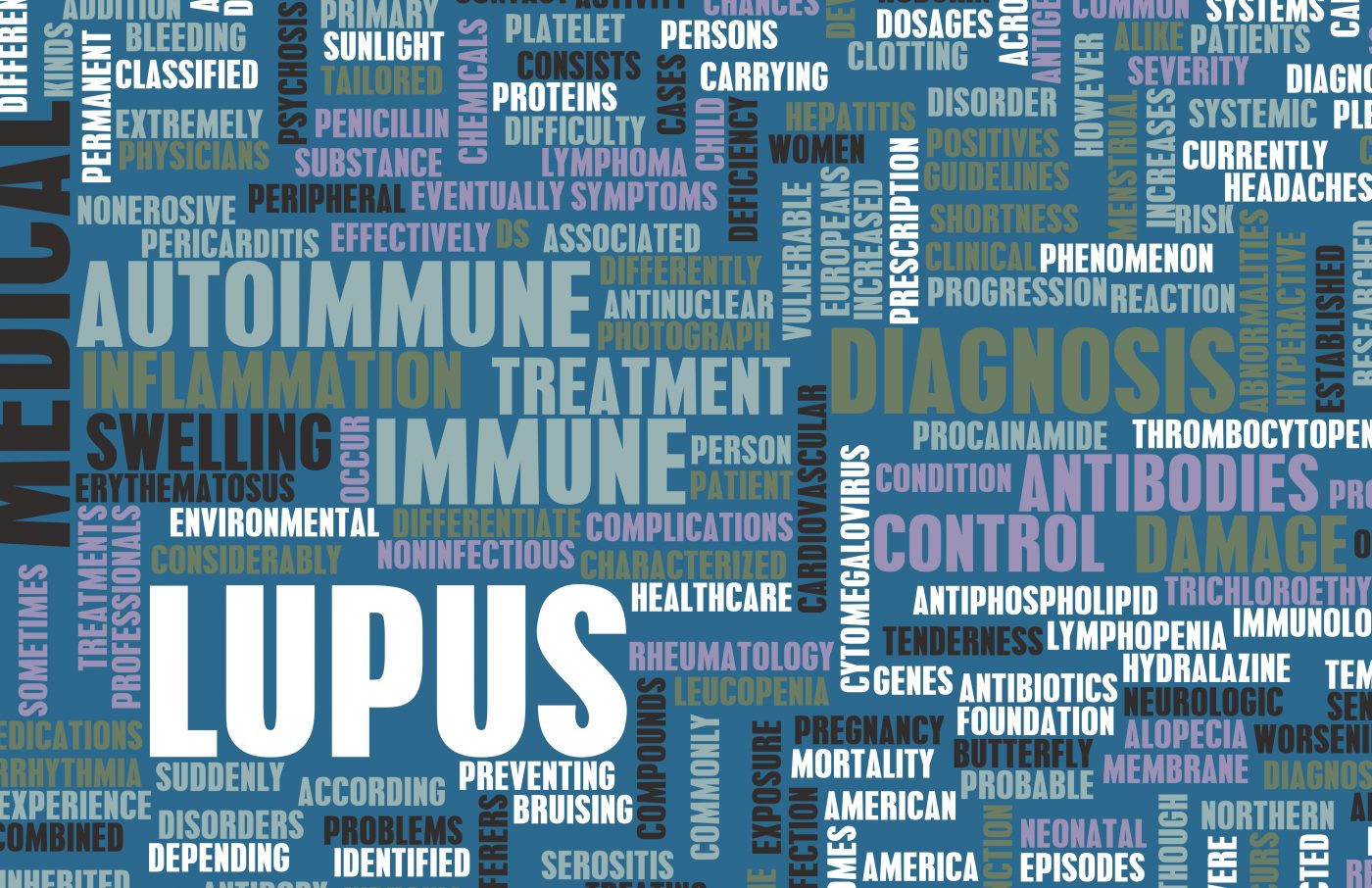Genetic Tie to Lupus Triggers Found in African-Americans
Written by |

Environmental factors, like the DNA sequence itself, can alter the way genes are read. These differences, known as epigenetics, may contribute to differences in lupus susceptibility among individuals. Here, a research team at the University of Michigan investigated whether these differences could explain a higher tendency to develop lupus in people of African descent.
The team’s conclusions are presented in “Ethnicity-specific epigenetic variation in naïve CD4+ T cells and the susceptibility to autoimmunity,” a study published in the journal Epigenetics & Chromatin.
Systemic lupus erythematosus (SLE) is more prevalent and appears at a younger age among African-Americans compared to European-Americans. Moreover, a survey of SLE patients in southeastern Michigan showed a higher severity of the disease in African-Americans compared to European-Americans, with a 2.2-fold increase in renal involvement and 3.4-fold increase in end-stage renal disease. These results prompted researchers to investigate the pattern of a common epigenetic alteration, known as DNA methylation, in naïve CD4+ T cells (the immune cells responsible for lupus development). The research was conducted on groups of healthy African-Americans and European-Americans, and the findings then confirmed in lupus patients.
The team, from the university’s Division of Rheumatology, found decreased levels of DNA methylation, i.e., hypomethylation, in specific areas of the genome of CD4+ T cells obtained from the blood of healthy African-Americans, specifically in genes important in cell survival and for the initiation of an inflammatory response.
“We demonstrated that the majority of these 18 lupus-related genes were also hypomethylated in African-American compared to European-American lupus patients, providing further validation and disease-relevance of the ethnicity-specific DNA methylation changes reported in this study,” the authors said in their study. Future studies may help in understanding the role of this DNA alteration in disease pathogenesis. “Further work is required to determine if these hypomethylated sites exist in a transient state or are maintained as the cell develops, and whether or not they are relevant to other cell types. Exploration of the DNA methylome could help further resolve what inherent epigenetic differences in immune activity exist among populations that might influence the pathogenesis of complex heterogeneous diseases,” the authors suggested.




